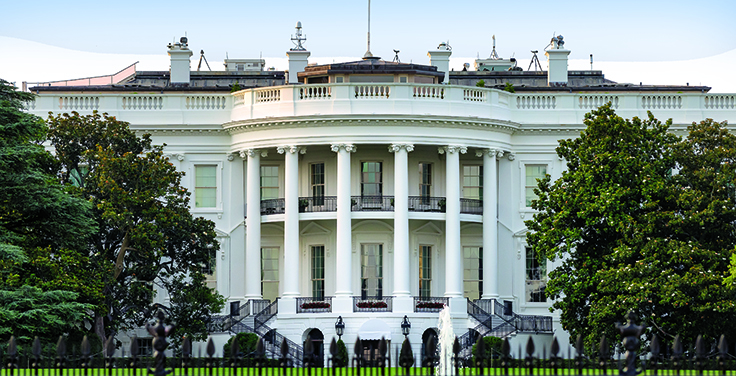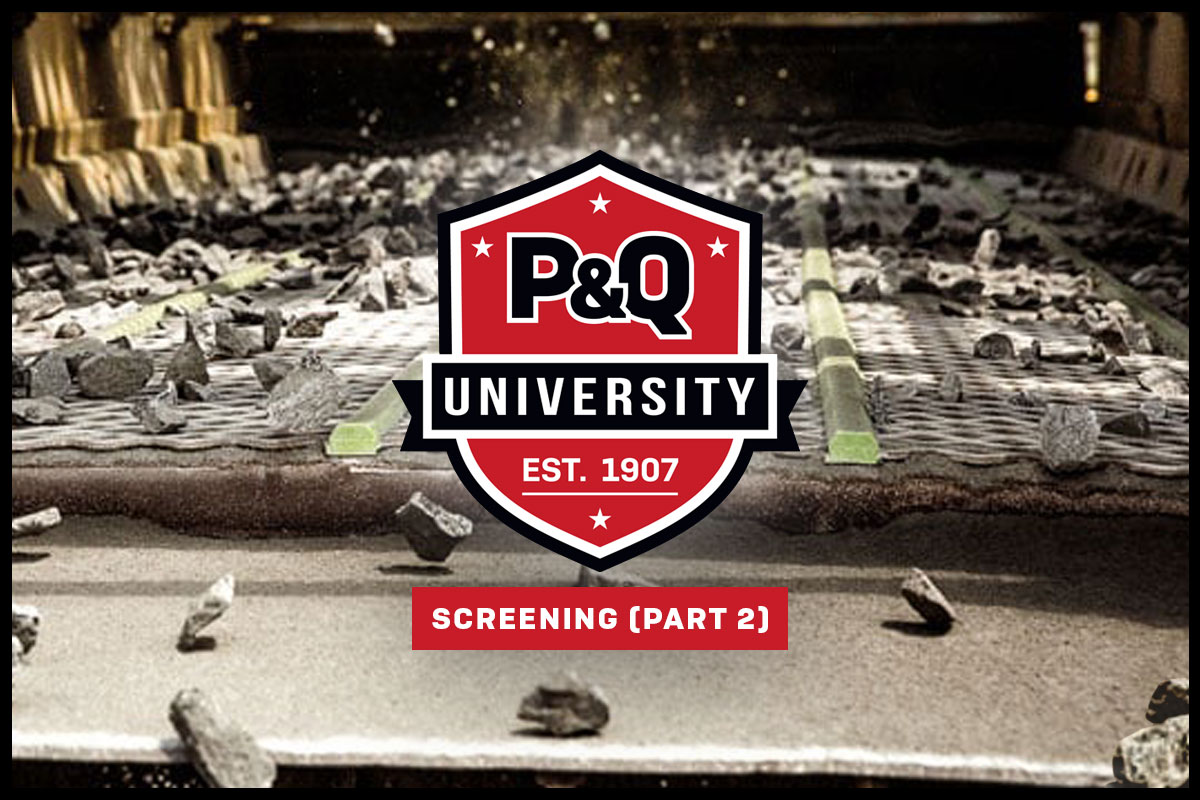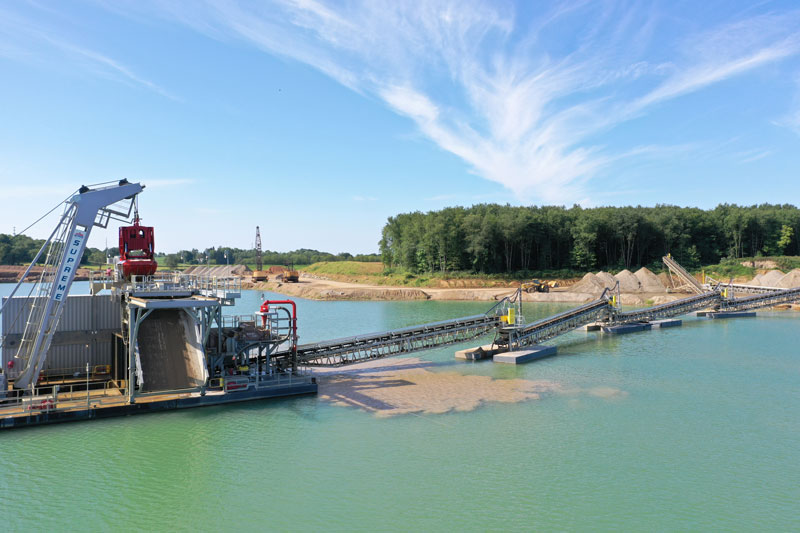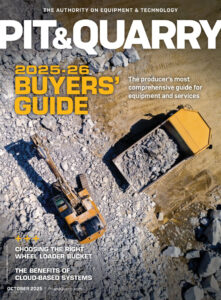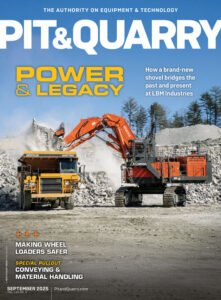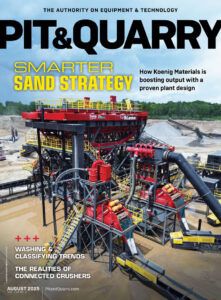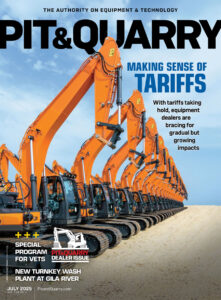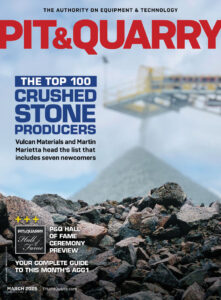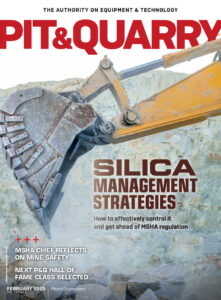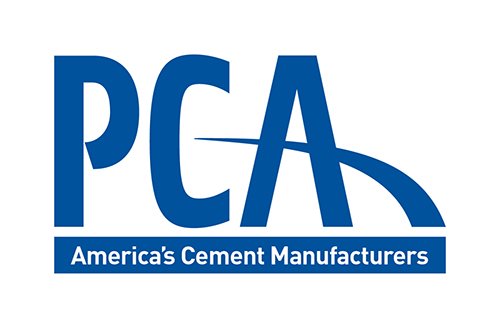
Tariffs have been a central theme of the Trump administration’s first weeks, with the U.S. pausing 25 percent tariffs on Canada and Mexico on Monday.
Regardless, the threat of tariffs drew a response from one national construction materials association, with the Portland Cement Association (PCA) issuing a written statement expressing the potential negative impacts of them.
According to PCA, Canada and Mexico account for 27 percent of U.S. cement imports and nearly 7 percent of U.S. cement consumption. The association says the U.S. imported 5 million metric tons of cement from Canada and 2 million metric tons from Mexico in 2023.
PCA president and CEO Mike Ireland argues that tariffs on the U.S.’s North American neighbors could result in unintended consequences that negatively affect the industry.
“While the U.S. cement industry agrees with the president’s objectives of bolstering American manufacturing, increasing border security and advancing the country’s energy independence, the industry believes 25 percent tariffs on cement imported from Canada and Mexico could adversely affect energy and national security while delaying infrastructure projects and raising their costs,” Ireland says. “The availability of affordable cement and concrete is vital to meet our country’s infrastructure needs and for the oil and gas sector’s expansion. Mexico and Canada play a crucial role in stabilizing U.S. supply, so we appreciate that the administration is open to negotiations and taking a flexible approach to implementing trade policy.”

